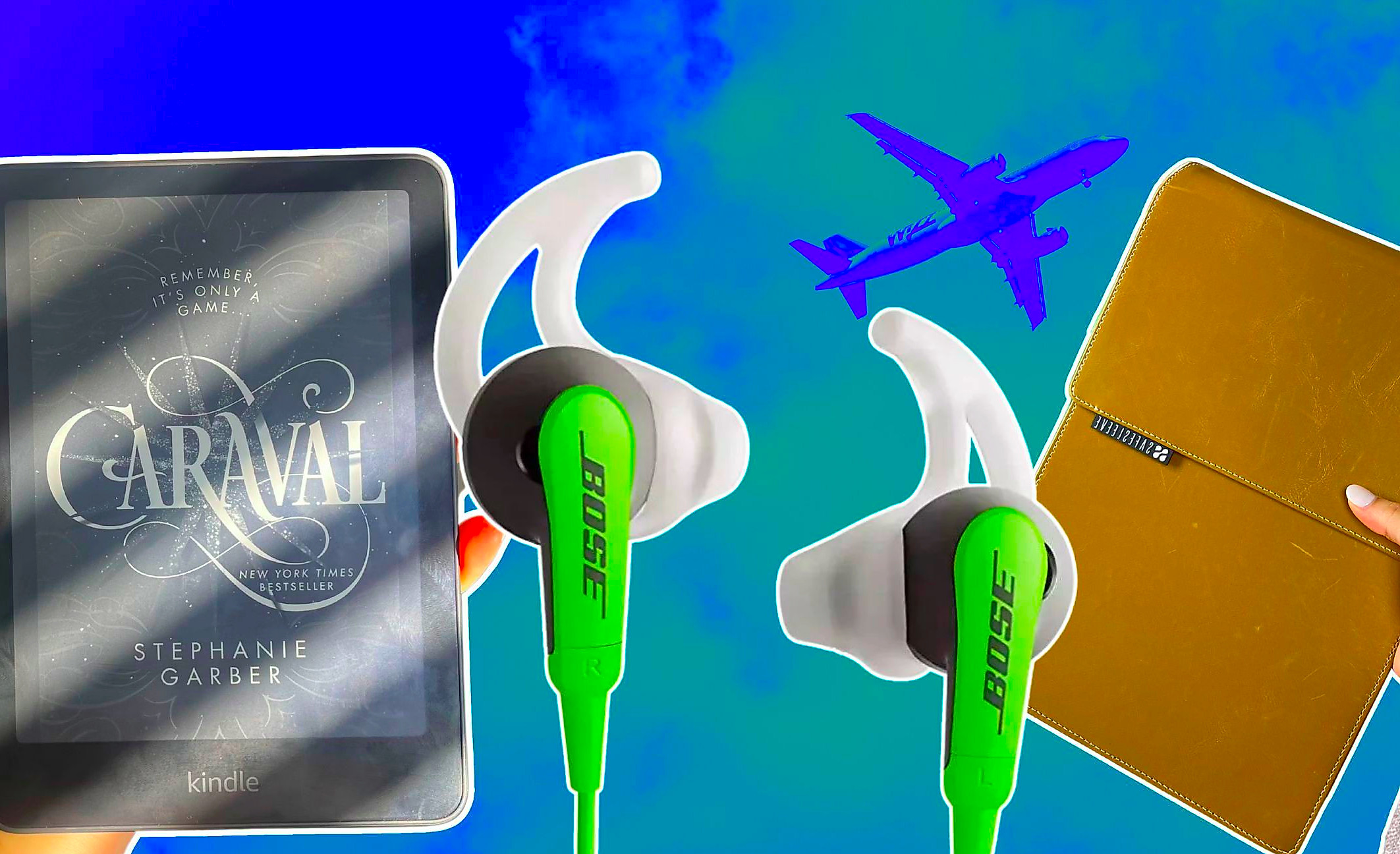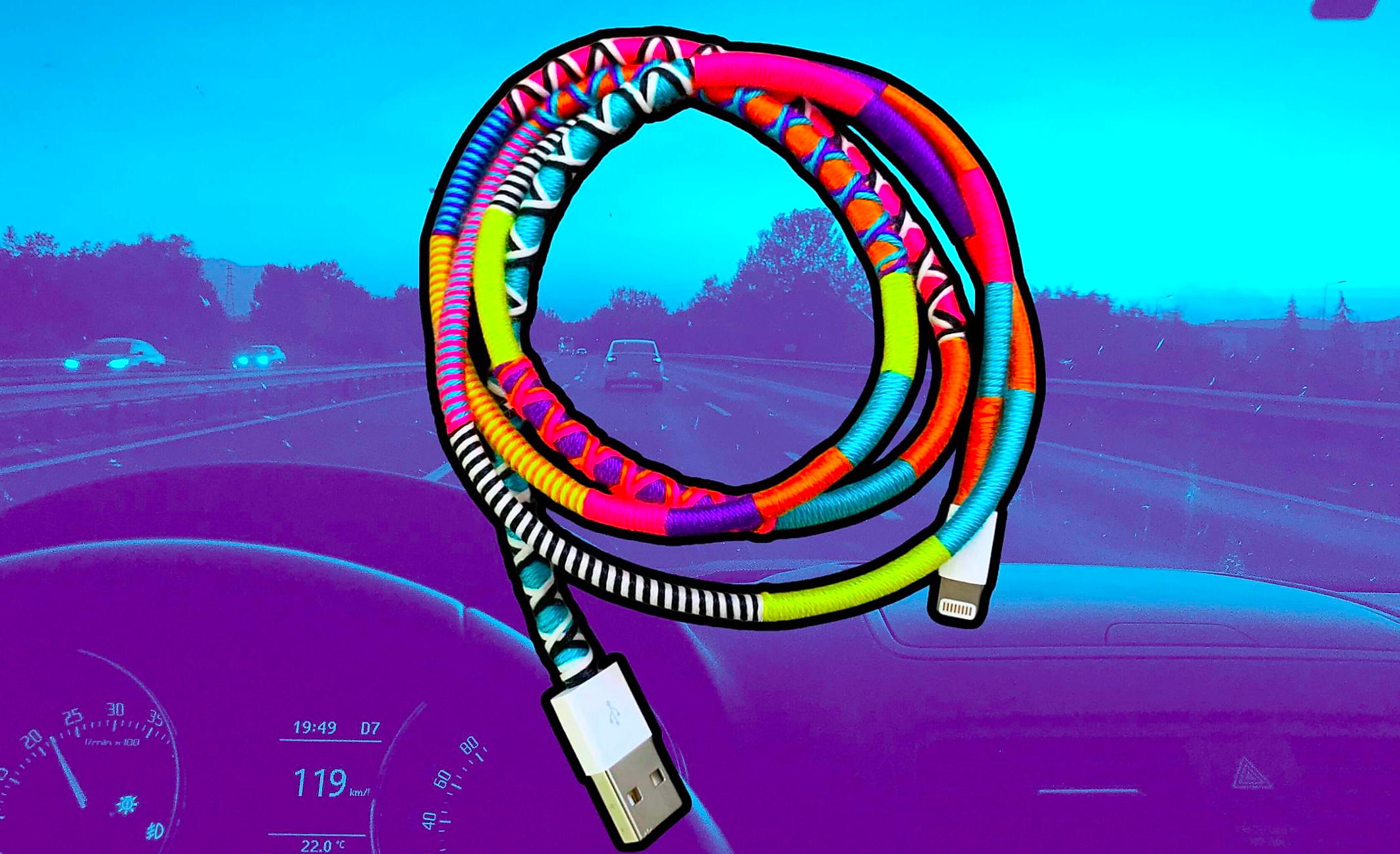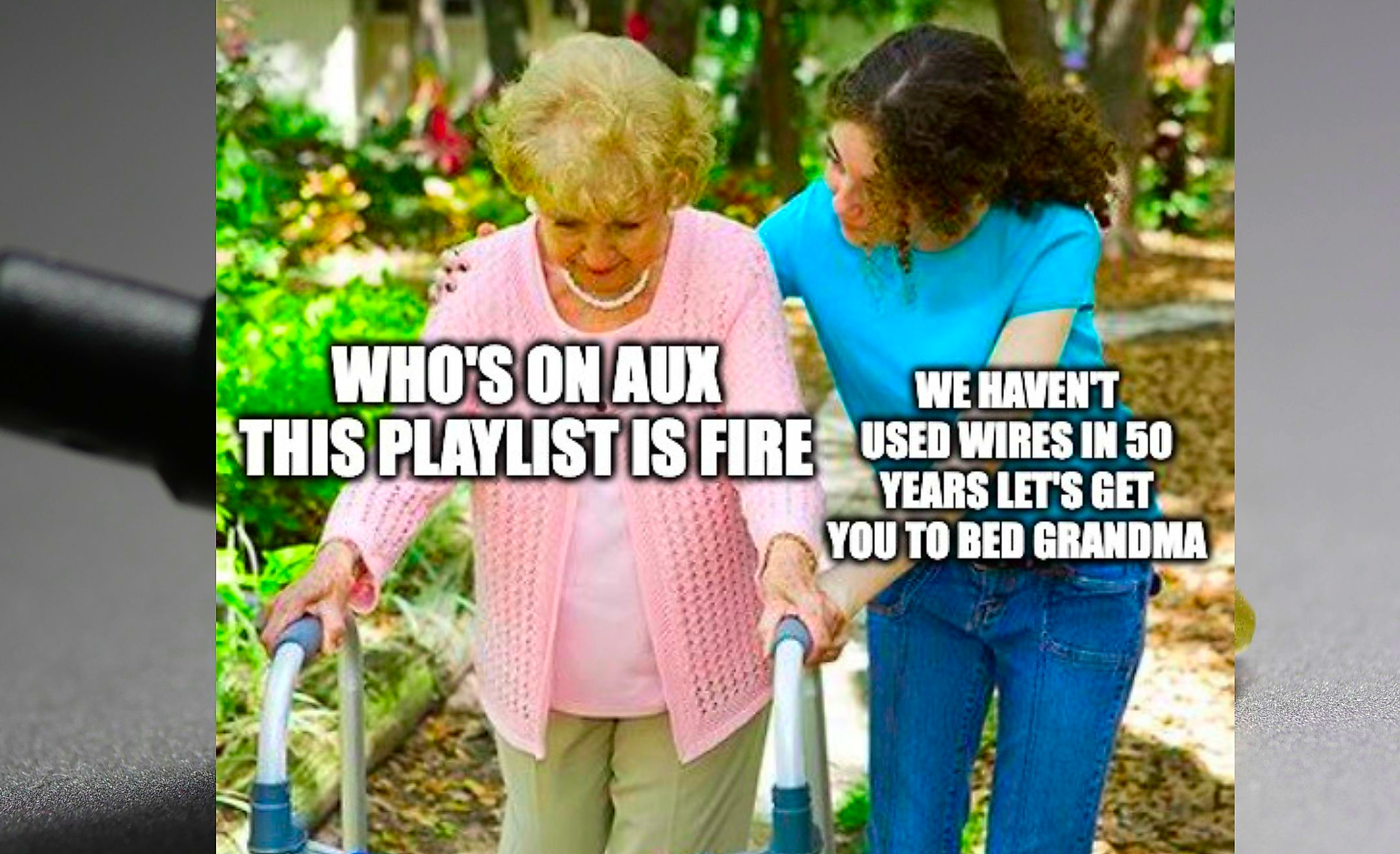Three Sentimental Reasons I Miss the Aux Cord Era
Recall a warm summer evening in 2016. I was in my father’s 2003 Chevy, meticulously adjusting the radio frequency to match my FM transmitter, playing a new Chainsmokers track for my friends in the back. The year 2016 might have been remarkable, but it was also the zenith of the aux cord.
Whether in a vehicle or at a gathering, possessing the aux cord wasn’t simply a privilege; it was an opportunity to showcase musical taste and endure criticism. We all remember the designated DJ and the moments of poor song selection. Nothing was worse than eager anticipation followed by a “skip” or, even more disheartening, “give someone else the aux.”
A simple cable with a 3.5mm jack had a significant cultural impact, making “aux” synonymous with “who’s playing music,” even in our Bluetooth-dominated world. For practical and sentimental reasons, I yearn for its return, for three key reasons.

Effortless Transferability
Imagine sharing a car with someone possessing questionable musical preferences. Even as the front-seat passenger, their control over the music is not secure. Controlling the aux cord meant facing harsh judgment. Poor song choices led to swift replacements.
Beyond competition, car sharing was common. My sister and I shared a vehicle, and music selection required no reconnection, reconfiguration, or device swapping. Bluetooth, in contrast, presented constant struggles with signal interference and software issues, even today. If Nicki Minaj’s “Starships” failed to play, it was due to a disconnected or damaged cable – a hardware problem, always preferable to software difficulties.
While Spotify and Apple Music offer shared music control features, I miss the pressure of solo entertainment. No risk, no reward, right?

Personalization
You cannot personalize an invisible radio wave like a physical cable. In fact, you cannot decorate it at all beyond verbal frustration when connection fails.
We intricately adorned our aux cords with colorful threads. Each cord boasted unique patterns, offering protection from damage. Friends incorporated large-holed beads, transforming their aux cords into edible-looking necklaces playing music.

Cultural Significance Loss
Is “who’s on Bluetooth?” as impactful? Whether in 2015 or 2025, at a lively gathering, the question “who’s on aux?” inevitably arises, regardless of the audio source. The phrase signifies control over the music.
Physical cords are rare now, and high-fidelity audio is less of a concern. However, the phrase remains ingrained in pop culture. Compared to “who’s on Bluetooth?”, it resonates more strongly. I fear its potential decline, though its cultural legacy could intrigue future generations.

